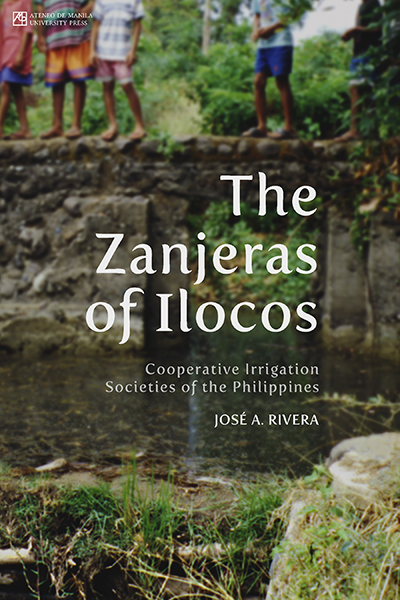The Zanjeras of Ilocos: Cooperative Irrigation Societies of the Philippines
Zanjeras (from the Spanish word "zanja," meaning ditch or canal) are resource management institutions in the Ilocos region. By most accounts, these cooperative irrigation societies emerged during the Spanish regime when Augustinians were deployed to congregate indigenous populations into pueblos, convert them to Christianity, and raise tributes for the Crown. Zanjeras emerged from a blending of two traditions: the Iberian model of irrigation and zanjera practices that involved water-for-land exchanges with landowners and atar-holdings to distribute shares among the members. Like other farmer-managed irrigation systems in Southeast Asia and globally, zanjeras are self-governed, long-enduring, and serve as exemplary models of sustainable agriculture. Surviving the test of time, Rivera examines whether the zanjeras will persist under new complexities that result from urbanization, economic modernity, and increased vulnerabilities due to global effects of climate change.
The Zanjeras of Ilocos by José A. Rivera explores these challenges and proposes actions that governmental bodies can undertake to strengthen the adaptive capacity of zanjeras and other irrigation communities around the world.
The Zanjeras of Ilocos by José A. Rivera explores these challenges and proposes actions that governmental bodies can undertake to strengthen the adaptive capacity of zanjeras and other irrigation communities around the world.

Publisher
Ateneo de Manila University Press
ISBN
978-971-550-949-7
Published
2020
Specialisation
Social Sciences
Theme
Other
Region
Philippines